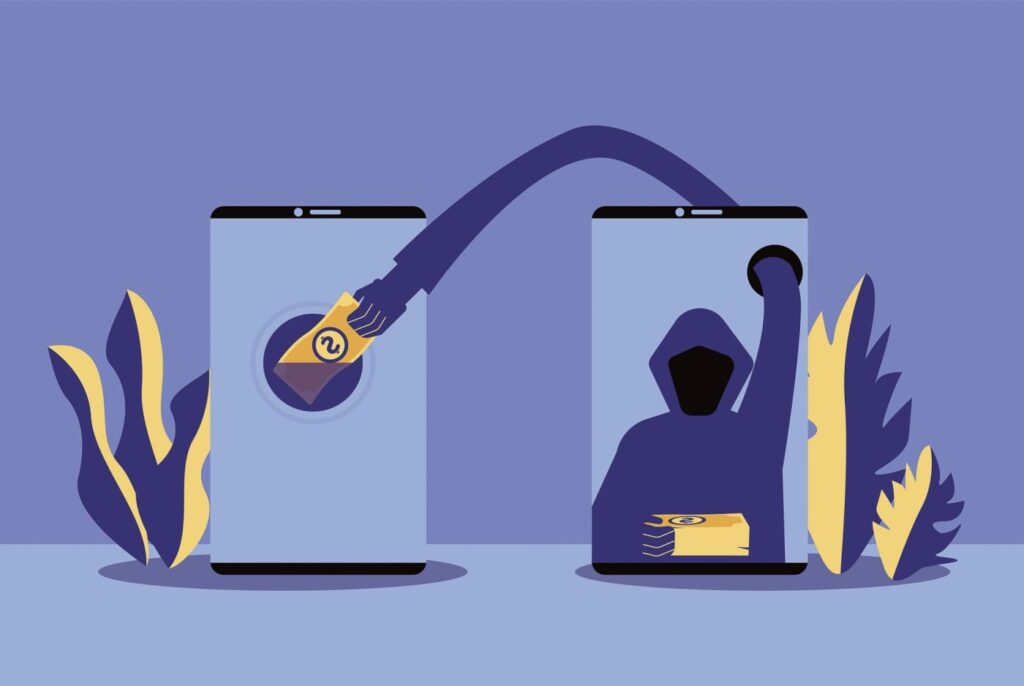
The Los Angeles Unified School District — a misnomer if ever there was one — has been hacked, paralyzing a system that needs no help grinding to a halt.
The perpetrators have yet to reveal either themselves or how much dough they want before they’ll release the computer system, just the latest example of a ubiquitous modern crime that has seen businesses, hospitals and even police departments paralyzed by cyber criminals.
It works like this: hackers penetrate computer system firewalls and shut out legitimate users until a ransom is paid, usually in hard-to-trace crypto-currencies. Many of these hack attacks originate overseas, making it even more unlikely anyone will ever be caught. In some cases (Russia) these attacks are state-sponsored. While hacking might be a non-violent crime, it’s hardly victimless. A hacked computer today is as serious as horse thievery back in the day. Ransomware shuts down modern life.
In my grandfather’s time, a “hack” was a cab or something you did to overgrown weeds. My father knew his son couldn’t hack 9th-grade math, or a curveball, or a regular 9-to-5 job. As a kid, when I got hacked it was when I drove to the hoop through a gauntlet of sharp fingernails clawing at the ball. Once during my life as a TV writer, a programing executive at MTM called me a hack. Once, that I know of.
Today getting hacked is as inevitable as getting lost before GPS, Waze and Google Maps came along. The initial panic over our Facebook account being cloned by some clown has given way to a yawn: “If you get a friend request from me, just ignore it.”
But our credit cards and Social Security numbers are another matter. Identity theft is a huge hassle and can seriously disrupt lives. It’s a tedious process to undo the damage caused by hackers and virtually risk free for them, so why not? Why steal with a revolver when someone might shoot back if you can steal from the comfort of your sofa?
From time immemorial, new technology has spawned new crimes. The first documented car theft took place in Paris in 1896 when a mechanic swiped a Peugot from Baron de Zuylen, founder of the Automobile Club of France. As bad as hacking is, it pales in comparison to the theft perpetrated by telephone and online fraud. You almost have to admire former L.A. City Councilman Mitch Englander taking an envelope of cash in a public toilet stall. That’s old-school crookedness.
There’s no shortage of folks still willing to whack us on the head with a 2 x 4 at an ATM machine or jack our cars or simply storm into a CVS or department store and empty the shelves. We’ve actually invited this by making the penalties for theft less than a tap on the wrist. Our license plates might as well read, “Come to California, the first $950 is on us!”
One of the oldest cliches in law enforcement is still true: if you build a better mouse trap, you get smarter mice. In the computer age, cyber crime is here to stay.
Reports now say, of course, the LAUSD had been warned their cyber security was inadequate. Now they’re tasked with, among other fixes, changing “hundreds of thousands of passwords.” That’s almost punishment enough.
Our digital world is fragile, dependent on electricity and massive systems to store and preserve the gazzilions of bytes of data we generate. Can you imagine if the grid actually does go down?
Terrorists can imagine it. Hostile governments, too. We all know this is a potential reality, yet most of use continue to whistle past the graveyard.
The important takeaway from today’s column … WARNING! YOUR FILES AND PRIVATE DATA HAVE BEEN LOCKED! Enter your payment details to gain access. Your data will be deleted in 23:12:01 Card number:_______________________
Exp. MM/YY:___
Doug McIntyre’s column appears Sundays. He can be reached at: [email protected].
